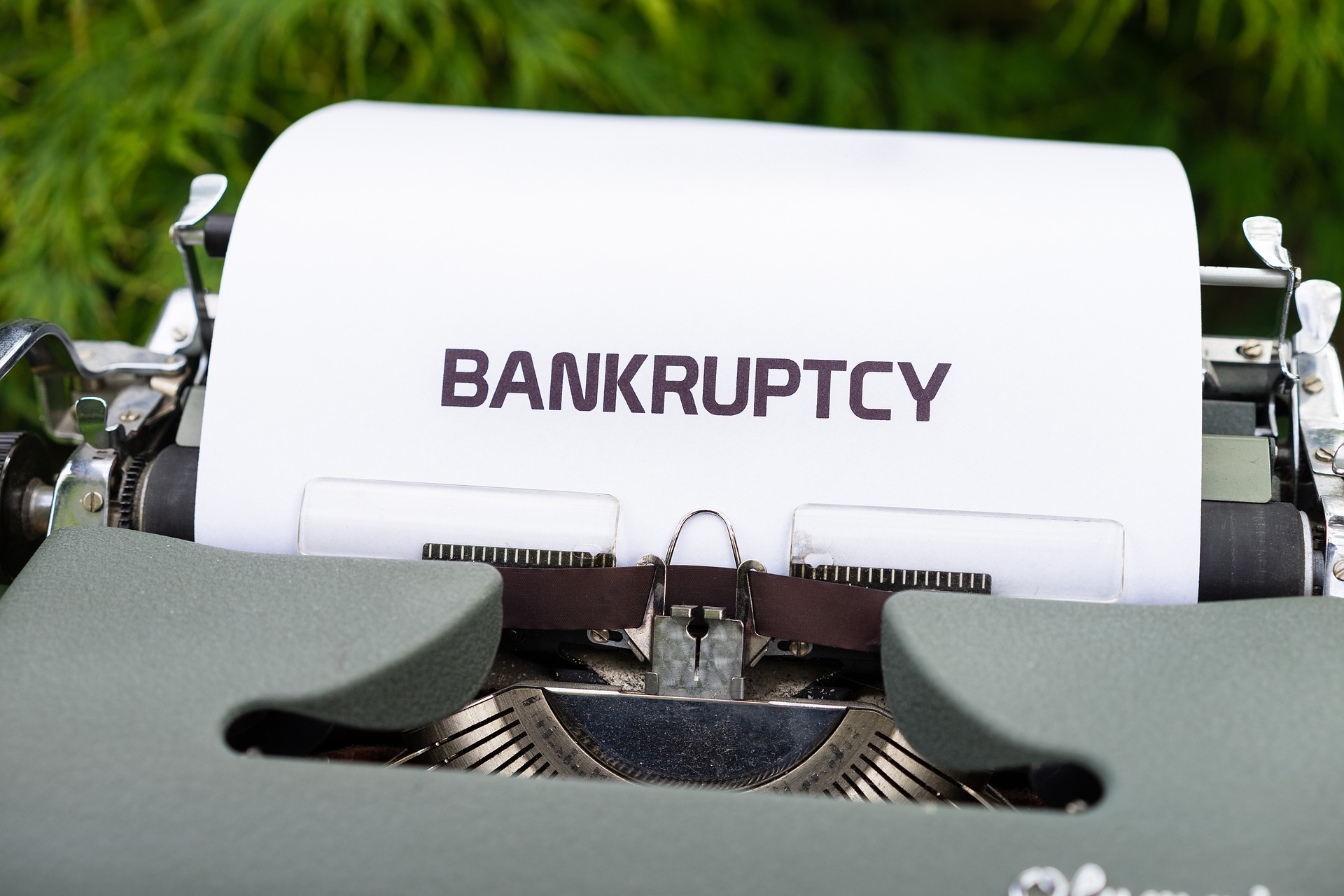Contact us today
 (954) 566-5678
(954) 566-5678
 (954) 566-5678
(954) 566-5678

If you are facing foreclosure after your forbearance period has ended, you may be struggling to find a way to avoid the process. While extremely hard on your credit, bankruptcy may help you delay or avoid the process altogether, depending on your goals. If you plan to keep your home, you should probably consider Chapter 13 bankruptcy instead of Chapter 7. The latter only delays the inevitable, and the bank will eventually get your home.
But how does bankruptcy and the damage it will wreak on your credit rating help your foreclosure situation? Read on to learn more.
As you know, once you default on your mortgage, there will be a point when the bank decides to file a foreclosure action against you to sell the house and recoup some of their lost investment. Should the sale come up short of what was outstanding on your loan, it’s also possible your lender will ask for a deficiency judgment against you to collect the difference.
All of these steps take time, and neither does the bankruptcy process. Unfortunately, this means you have limited time to find alternatives to help you avoid losing your home. But, if you’ve already exhausted available loss mitigation measures available to you (forbearance, loan modification, partial claim payments, etc.), you may have to consider bankruptcy to get more time to work out a solution.
Below are the primary ways filing Chapter 13 or Chapter 7 may help your situation:
Whether filing for Chapter 7 or Chapter 13 bankruptcy, the court will issue an order of relief that includes an automatic stay of collection activities against you, including your mortgage lender.
Should your home already be scheduled to be sold, it will also be legally postponed while your bankruptcy case is still pending in court. This could buy you an extra three or four months to find a way to keep your home, though your bank may ask for permission to proceed with the sale anyway.
The good news, even if they get their request granted, it usually takes a month or so to get this request submitted and reviewed by the court. But, again, there’s no certainty in how long you have once you file for bankruptcy or if your loan provider will even request the stay to be lifted.
Most homeowners faced with foreclosure want to keep their homes. They’ve put time, love, and a lot of money into this investment, so it makes sense that all options are on the table when faced with losing it all. Chapter 13 is your best chance for keeping your home when you have no other avenues available.
When you file for this type of insolvency, you will agree to a repayment plan to pay off your owed unpaid payments that are late. Typically, it is on you and your attorney to propose the amount of time you have to do this, and five years is pretty standard. But, you will only be successful if you have enough money to afford your current payments and the additional cost of what you owe in arrearage. If you can do this successfully, you can keep your home and stop the foreclosure process.
The 2008 housing crisis devastated the equity in millions of homes across the United States, but values have begun to recover and climb since then. If you plan to file for bankruptcy, keep in mind how you can protect this equity under homestead exemptions in your state. If the requirements for this exemption aren’t adequate, you will have to pay the entire balance of the nonexempt property value of your home as well to keep it.
If you don’t want to walk away from your home, bankruptcy may be your last chance to avoid foreclosure. However, before undertaking this complex process, you need to consult with a reputable foreclosure and bankruptcy attorney like Marc Brown.
Attorney Marc Brown provides high-quality legal services based on his decade representing lenders throughout the South Florida area. His unique insight into how banks pursue foreclosure makes him your premier choice for legal counsel in this area of law. To schedule a no-cost legal consultation regarding foreclosures and deficiency judgments, call the law offices of Marc Brown today.